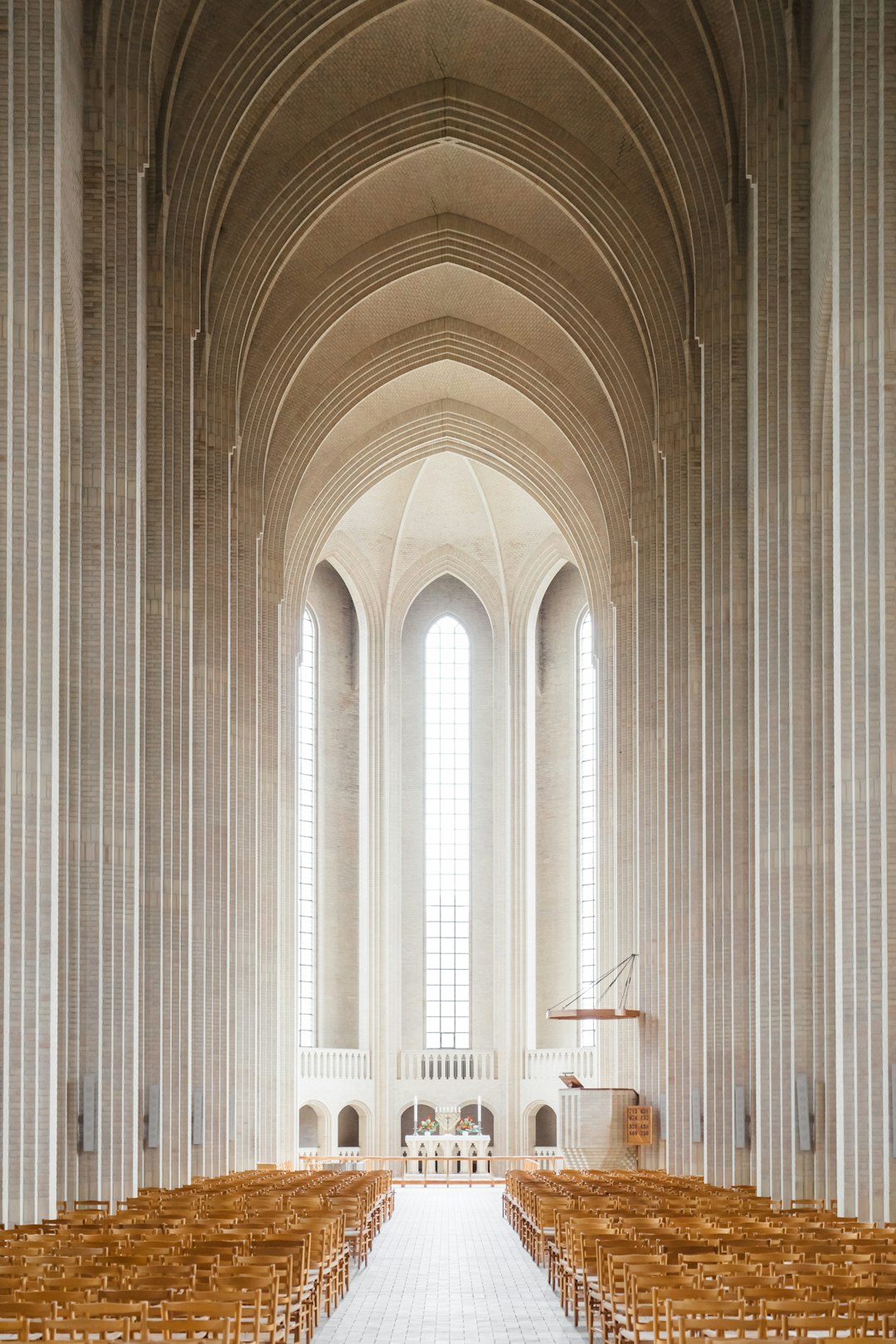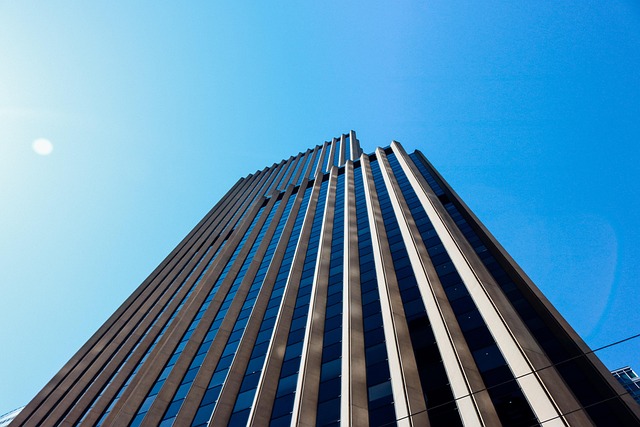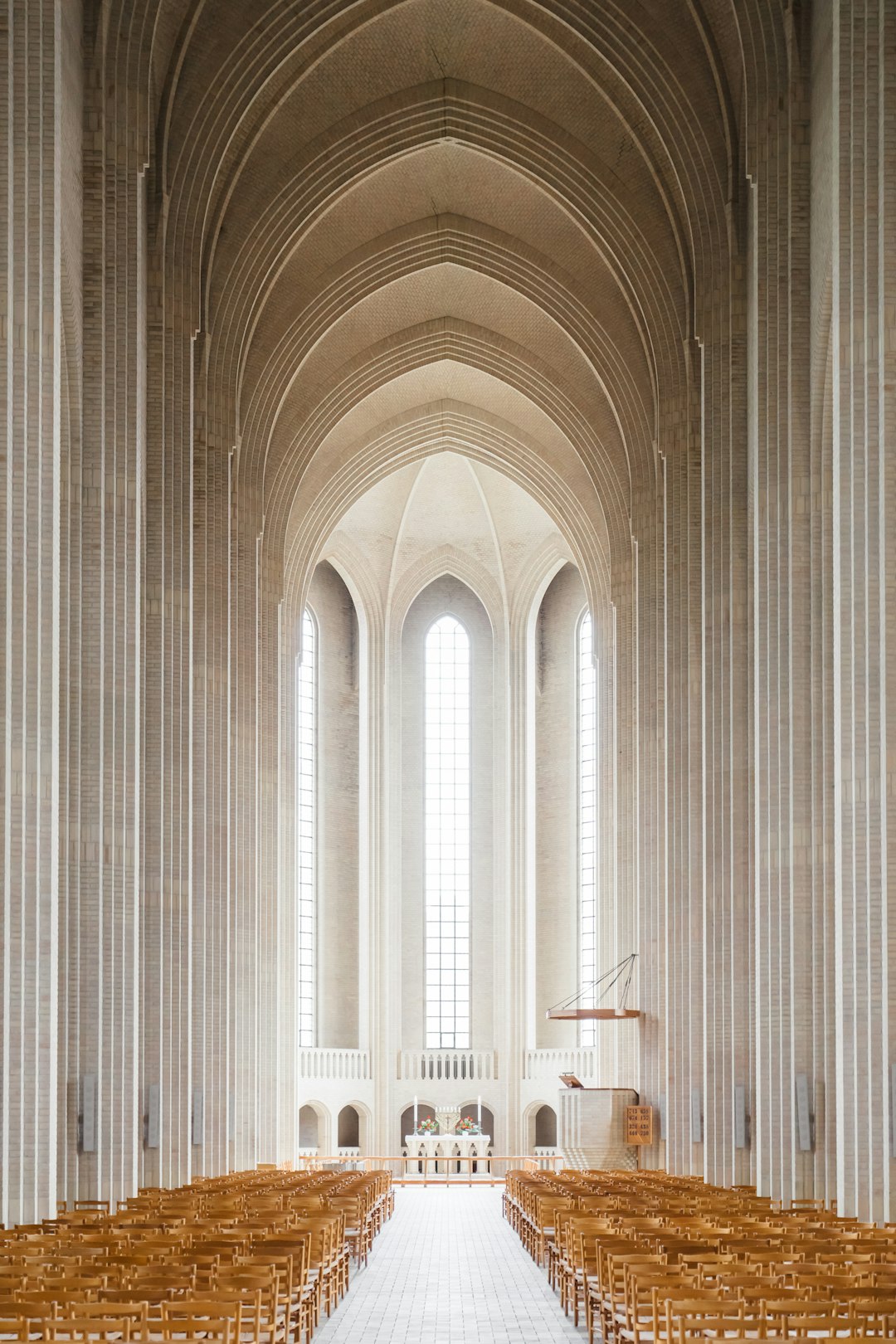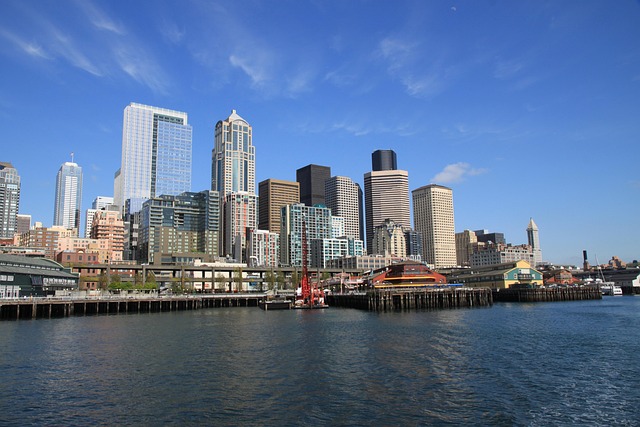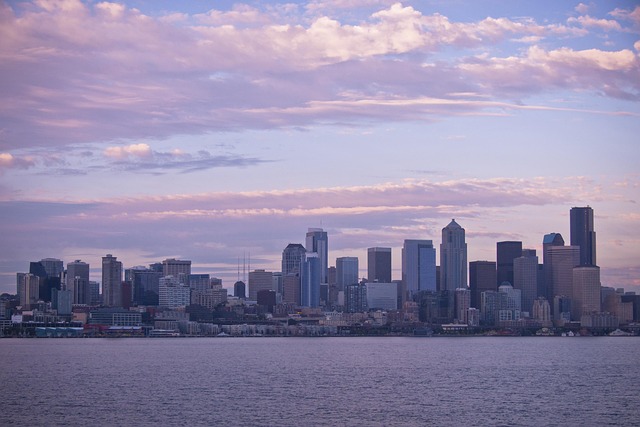Clergy abuse is a complex issue requiring careful identification of patterns and signs. Victims can seek support through experienced clergy abuse attorneys in Seattle, WA, who guide them through legal systems for justice and healing. Denver, Colorado, offers a network of support services, including counseling and legal aid, for survivors. Local support groups and specialized attorneys help victims navigate complex cases, while education and prevention strategies aim to build safer communities by fostering transparency and accountability within religious institutions.
“In the intricate landscape of religious leadership, the issue of clergy abuse casts a shadow. This compelling article delves into the critical support systems available for victims in Denver, Colorado. We explore various facets, from understanding the subtle patterns of abuse to navigating legal complexities with specialized clergy abuse attorneys Seattle WA.
Our guide includes an overview of Colorado’s legal framework, practical assistance options, and strategies for prevention and education, offering valuable insights into healing and protection.”
Understanding Clergy Abuse: Recognizing the Patterns and Red Flags
Clergy abuse is a complex and sensitive issue that often involves power dynamics, manipulation, and psychological control. Recognizing patterns and red flags is crucial for identifying potential instances of abuse within religious communities. Victims may exhibit signs such as fear or anxiety related to the clergy member, sudden changes in behavior or appearance, and emotional distress following interactions.
If you’re seeking support or representation in a clergy abuse case, consider connecting with experienced clergy abuse attorneys in Seattle, WA. These professionals can help navigate the legal system and ensure justice for victims while also providing guidance tailored to their unique circumstances. Understanding the dynamics of these cases is essential to securing appropriate resolution and healing for those affected.
The Legal Landscape: Clergy Abuse Laws and Regulations in Colorado
In Denver, Colorado, the legal landscape surrounding clergy abuse cases is shaped by state laws and regulations that aim to protect victims and hold perpetrators accountable. The state has specific statutes addressing sexual misconduct by religious leaders, providing a framework for victims to seek justice. These laws are designed to encourage reporting and ensure thorough investigations into allegations of abuse within religious organizations.
Colorado’s legal system offers several protections for individuals who have experienced clergy abuse. Victims can pursue civil lawsuits against the abusers and the institutions that enabled or concealed the misconduct. Additionally, there are mechanisms in place for confidential reporting and support services, ensuring that survivors receive the necessary assistance. For those seeking legal representation, Denver is home to reputable clergy abuse attorneys who specialize in these complex cases, offering expertise in navigating the unique challenges of religious institutional abuse, including those involving churches based in Seattle, WA, due to their interstate nature.
Support Services for Victims: Emotional and Practical Assistance in Denver
In the aftermath of a clergy abuse case, victims in Denver, Colorado, have access to a range of support services designed to help them navigate their experiences and heal. Many organizations and professionals offer emotional and practical assistance tailored to meet the unique needs of individuals who have suffered at the hands of religious leaders. These services include counseling, therapy, legal aid, and advocacy, all aimed at empowering victims to take control of their lives and seek justice if necessary.
For those considering legal action against clergy abuse attorneys Seattle WA can provide specialized representation to help navigate complex legal systems. In Denver, local support groups and community resources also play a vital role in supporting survivors, offering safe spaces for sharing experiences, connecting individuals with like-minded peers, and providing practical guidance on managing the emotional and logistical challenges that often follow such traumatic events.
Navigating Legal Options: What to Expect from Clergy Abuse Attorneys in Seattle, WA
Navigating legal options in a clergy abuse case can be complex, but with the right support from experienced clergy abuse attorneys in Seattle, WA, victims can find clarity and justice. These specialists understand the unique challenges faced by individuals who have suffered abuse within religious institutions. They provide guidance tailored to state laws, church policies, and the specific circumstances of each case.
Clergy abuse attorneys in Seattle, WA, are equipped to handle a range of legal matters, including investigating and documenting past abuses, negotiating settlements, and representing clients in civil lawsuits against the responsible parties. Their expertise helps victims understand their rights and make informed decisions. They also ensure that the process is as stress-free as possible, offering emotional support alongside professional legal representation.
Prevention and Education: Building Safe Communities and Protecting Vulnerable Individuals
In addressing clergy abuse cases, prevention and education are paramount in building safe communities and safeguarding vulnerable individuals. This involves fostering a culture of transparency and accountability within religious institutions. By implementing robust reporting mechanisms and thorough background checks for all clergy members, organizations can significantly reduce the risk of abuse. Regular training sessions on recognizing signs of abuse and responding appropriately can empower both leaders and members to create a supportive environment.
Moreover, leveraging resources from clergy abuse attorneys in Seattle WA can play a crucial role in establishing effective prevention strategies. Legal experts in this field offer guidance tailored to addressing unique challenges within religious contexts. They advocate for policies that promote safe environments, ensure proper oversight, and protect those most at risk, ultimately contributing to the long-term well-being of communities across Denver, Colorado, and beyond.
